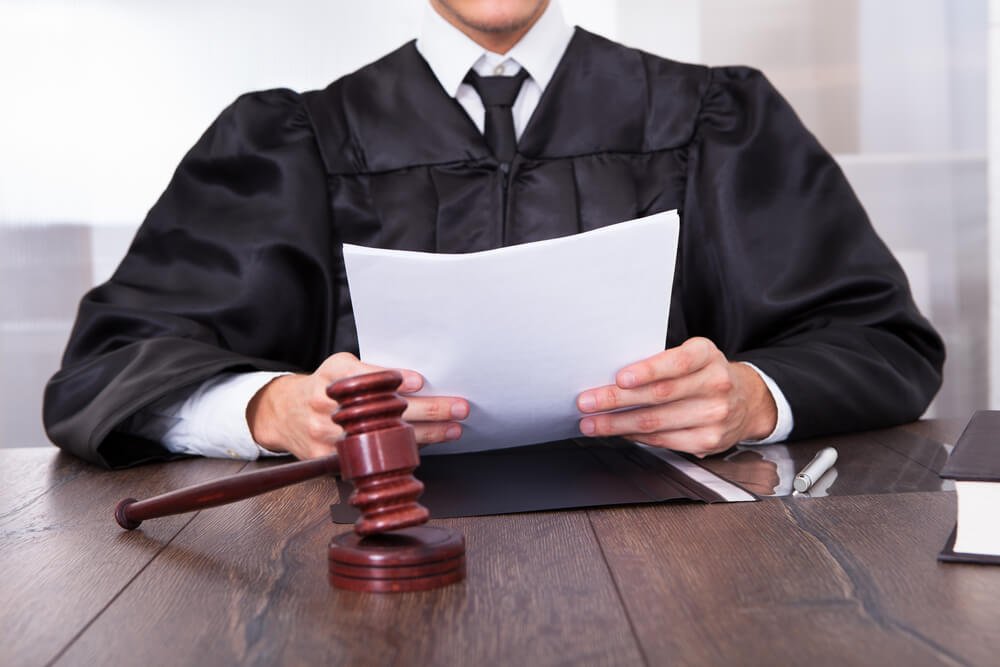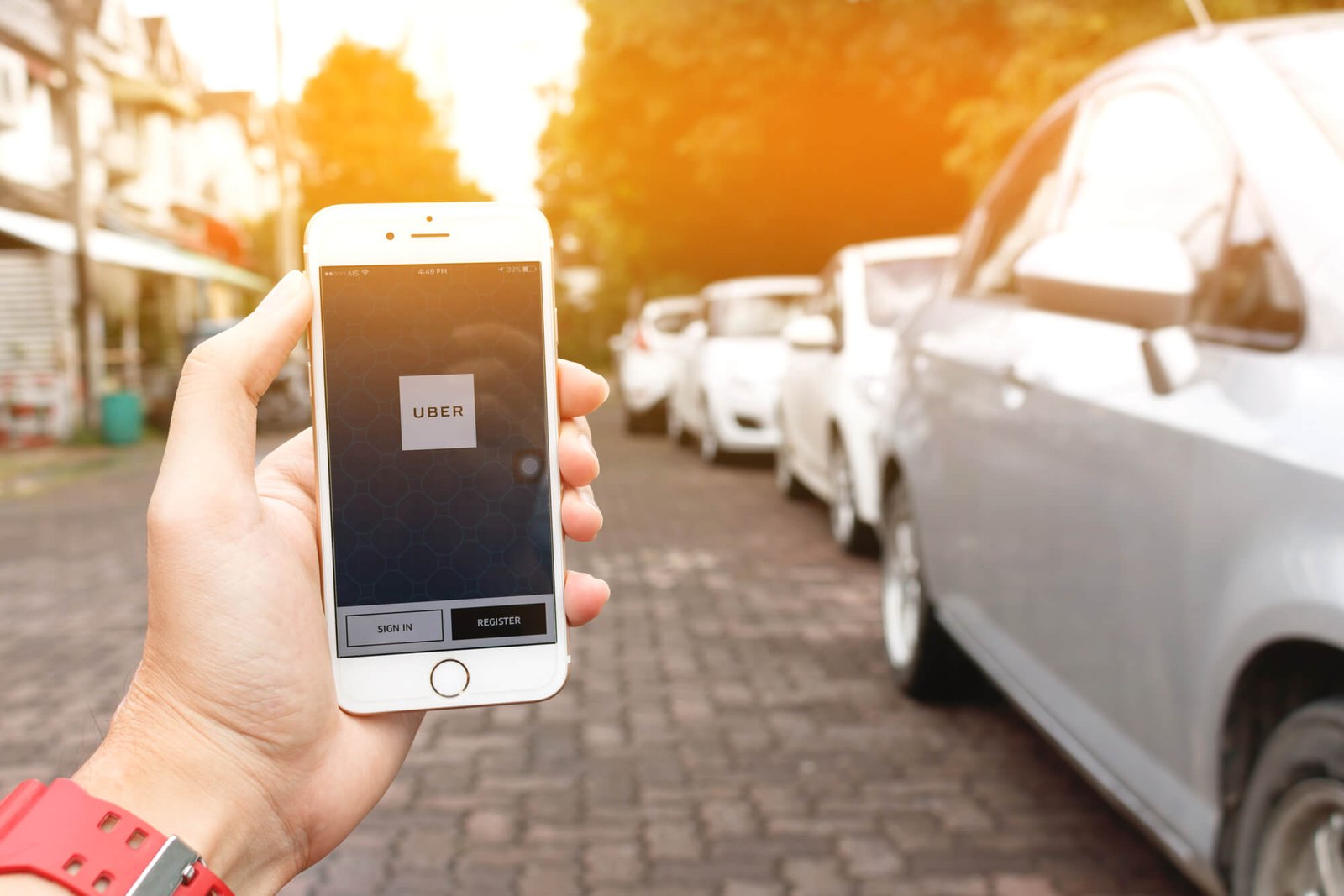
Can You Sue A Company for Defective Product?
So, you purchased this product and excited to use it. And when you first start to fiddle with it to see what it is all about you notice something, it is defective. Now if you anything like me, in this current society of “now”, I would get very frustrated and upset because I was expecting to use this gadget, tool, or toy.
Now you might be inclined to believe that you have purchased a product that you are pretty sure is defective, and you are wondering what are the possible legal options that you can pursue.
The problem is that no matter how dangerous the defect is or the problem may appear to be, the short answer is that you probably can’t bring a “product liability,” claim unless it has caused you some kind of injury or loss, explains a personal injury lawyer in Los Angeles, Adamson Ahdoot LLP. I’ll give you an idea of what product liability law is and the element of damages to understand the reasoning behind it, according to Lawyers.com.
“With strict products liability, there’s no consideration as to whether or not the manufacturer or seller was somehow careless or negligent, and there’s no “reasonable person” standard against which the defendant’s conduct will be measured, but there must be some definitive loss.”
Basics of Product Liability
This all starts when a customer buys a defective product, which has the potential to be a part of a “product liability” or “breach of warranty” lawsuit. These certain types of situations or cases can be brought up against the manufacturer of the product or the middle man or seller of the product.
The one important distinct quality that is always true in these types of lawsuits is that they are not based on the usual negligence standard that determines liability in most personal injury cases; instead, they are governed by a concept known as “strict liability.”
According to Nolo, most of the states word the concepts of their strict liability laws differently. Though in general the keys when a manufacturer or a seller of a product is liable if:
The product contains a defect this is unreasonably dangerous, and
The defect causes injury to a reasonably foreseeable user of the product.
With strict product liability, there’s no consideration as to whether or not the manufacturer or seller was somehow careless or negligent, and there’s no “reasonable person” standard against which the defendant’s conduct will be measured. The main issue in a product liability case is whether the product was unreasonably dangerous.
The “Damages” Element
Now let us have a look at the law of damages. In order for a plaintiff to recover damages in any type of personal injury case, including a product liability lawsuit, the plaintiff has to have suffered some type of legally compensable injury.
The requirement of that appears in the standard definition of products liability law referenced above — a manufacturer or seller is liable if the product contains a defect that is unreasonably dangerous and it causes injury to a reasonably foreseeable user of the product.
But a legally compensable injury is not necessarily a physical injury; it could be a financial injury too. For example, let’s say you bought a defective electrical outlet.
You brought it home and installed it, and, when you plugged something like a TV into it and the outlet caught fire, then burned a small area of the wall, and destroyed the TV. You weren’t harmed, and nothing else in the house was damaged.
Let’s assume that the outlet was indeed defective, you still have a products liability claim. The manufacturer produced and sold a defective product that was unreasonably dangerous, and that caused financial damage to a reasonably foreseeable user of the outlet. If the TV cost $300, the outlet cost $2, and it cost you $150 to repair the damage to the wall, you have been damaged to the tune of $452. That’s a perfectly legitimate product liability claim.
But keep in mind that, where physical injuries are involved, the value of a products liability claim rises at a steep climb. That’s because physical injuries open the door to non-economic damages such as pain and suffering. If your damages are limited to financial losses, you can’t recover compensation for pain and suffering. Learn more about economic versus non-economic damages in a personal injury case.
This is an important distinction because products liability cases can be very expensive to prosecute. The plaintiff will almost always need an expert witness, and maybe two experts, to establish the key elements of the claim.
So, although you need to have suffered some type of injury, however small, to prosecute a products liability case, in reality, you need to have suffered a relatively significant injury before it becomes worthwhile for you (or a lawyer) to expend the time and resources necessary to pursue the case.





